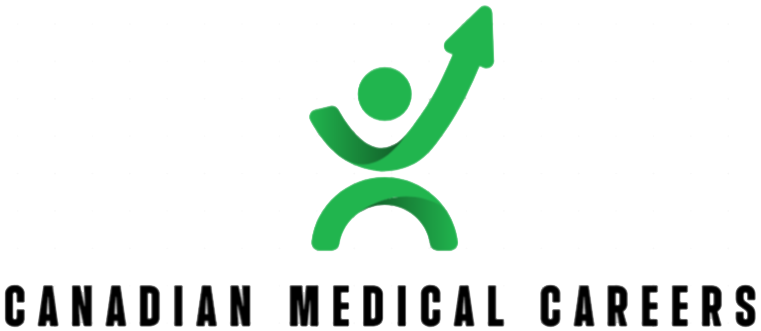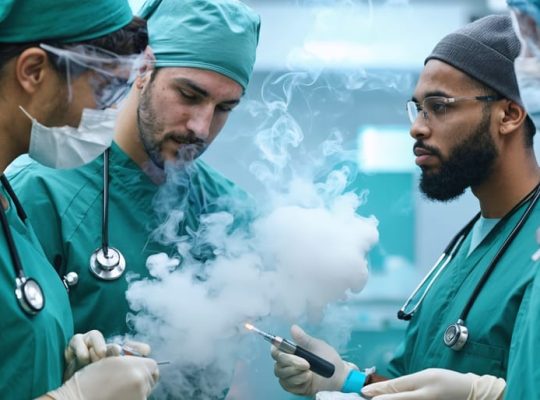While doctors and nurses are often seen as the face of health care, Canada’s health care system relies on a vast array of specialized practitioners. These include medical laboratory technologists, physiotherapists, radiological technologists, and respiratory therapists, all of whom are crucial to the system’s functionality and growth.
The demand for these specialized healthcare roles is set to rise significantly.
The COVID-19 pandemic shone a spotlight on their essential contributions and revealed critical gaps within the healthcare infrastructure. According to Lori Peppler-Beechy, Associate Head of Academic Affairs at The Michener Institute of Education at UHN in Toronto, the pandemic highlighted the vital roles these professionals play.
During the pandemic, graduates from Michener’s respiratory therapy, cardiovascular perfusion, and medical laboratory science programs were particularly sought after.
As new fields such as data analytics and digital health develop, educational institutions must stay agile and responsive to these changes.
The Michener Institute of Education at UHN
The Michener Institute of Education offers a comprehensive range of programs designed to meet the changing needs of the healthcare system.
“Michener stands out as the only educational institution in Canada dedicated solely to health care education and uniquely integrated within a hospital setting,” says Peppler-Beechy.
This close connection with the University Health Network (UHN) allows Michener to swiftly adapt to new healthcare priorities and professional demands.
A notable example of Michener’s agility was evident at the beginning of the pandemic. A team from Michener at UHN, collaborating with educators, clinicians, and academics across Toronto, quickly developed an online training package to support healthcare workers redeployed to critical and long-term care facilities. Impressively, the first phase of this package and its website were completed in just 10 days, a process that usually takes months.
Career Paths and Lifelong Learning
Michener’s adaptability ensures that it can address future healthcare needs. The institute continually updates its programs and curricula to align with current healthcare demands, producing graduates in high-need areas.
Moreover, Michener collaborates with UHN to identify and create educational programs for emerging healthcare roles.
Lifelong learning is a key focus at Michener. “Healthcare education is an ongoing process that extends beyond graduation,” explains Peppler-Beechy. Michener encourages both its alumni and professionals from other institutions to engage in continuous professional development through its various programs.
For students considering a career in health care, Michener offers programs that prepare them to enter the workforce immediately upon graduation. The institute’s curriculum ensures that graduates are ready to begin practicing in their chosen fields, making them highly desirable to employers.
The expanding role of specialized healthcare professionals in Canada underscores the healthcare system’s evolving nature and its ability to tackle new challenges and integrate technological advancements. Institutions like The Michener Institute of Education at UHN are crucial in training these professionals, ensuring they are prepared to meet both current and future healthcare needs.
As the landscape of healthcare continues to transform, the importance of specialized practitioners and adaptive educational institutions will grow, supporting a strong and responsive healthcare system for Canadians.





